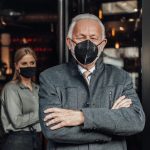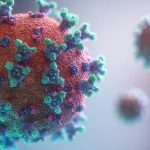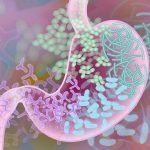Brain game may predict your infection risk
Scientists found if your alertness and reaction time are see-sawing more than usual, you may be more at risk of a viral illness.
This eye disease linked to severe COVID-19 in older people
Recent studies suggest that age-related macular degeneration (AMD) is a clinical risk factor for increased risk for infection and mortality.
AMD has been reported to...
Scientists develop a new mRNA vaccine strategy to fight the flu
In a study from the University of Minnesota, scientists developed a new mRNA vaccine strategy to fight the flu.
Scientists find why COVID-19 causes metabolic problems
It has become abundantly clear that coronavirus disease 19 (COVID-19), despite being transmitted by breathing in the SARS-CoV-2 virus, can have harmful effects far...
Could loss of smell in COVID-19 cause a ‘dementia wave’ in future?
In a study from the University of Chicago, scientists reviewed the effect of COVID-19 on the olfactory system.
The review introduced questions about whether loss...
43% of people with COVID-19 get ‘long COVID’, study finds
The World Health Organization offered a clinical case definition of post-COVID conditions in October 2021 as mid-and long-term symptoms occurring in individuals after COVID-19...
COVID-19 virus can stay in brain, elsewhere in body for 8 months
In a study from the National Institutes of Health, scientists analyzed tissue samples from the autopsies of 44 people who died with COVID-19.
They found...
Scientists develop new COVID pill better than Paxlovid
In a study from Shanghai Jiao Tong University, scientists developed a new medication that COVID patients can take to prevent severe disease.
The treatment is...
COVID and your gut: how a healthy microbiome can reduce the severity of infection...
A vast combination of microorganisms live in our gut, including bacteria, fungi and viruses. Collectively, we refer to this as the the microbiome.
Despite their...
How COVID-19 is associated with diabetes
Amid the many problems posed by the pandemic, one positive outcome is that COVID-19 is providing valuable insights that could help researchers unlock the...










